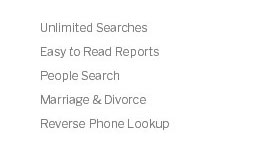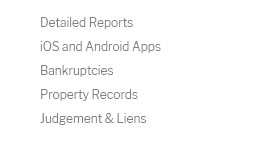 |
 |
|---|
|
|
|---|
 |
 |
 |
 |
|---|---|---|---|
 |
 |
 |
|
 |
|||
 |
 |
 |
|
 |
|||
 |
 |
 |
|
 |
|||

criminal record database essentials and practical insightsWhat it is and why it mattersA criminal record database aggregates official case outcomes, arrests, and dispositions to help organizations make informed decisions. When responsibly managed, it supports safety while respecting individual rights and due process. Access and accuracyNot all records are equal; terms like sealed, expunged, or pending carry different legal weight. Verify sources, align with jurisdictional rules, and avoid treating arrest data as guilt. Build review workflows and allow candidates to dispute errors. Common mistakes to avoid
Effective practice emphasizes data minimization, clear purpose, and documented criteria. Calibrate look-back periods, automate redaction of non-convictions, and keep human oversight for edge cases. Measure outcomes to ensure fairness and continuously improve.
|
|---|